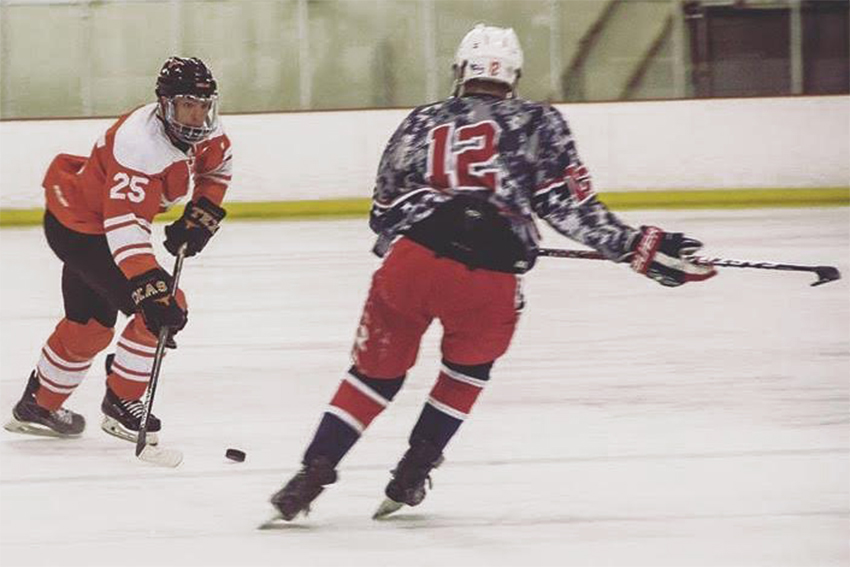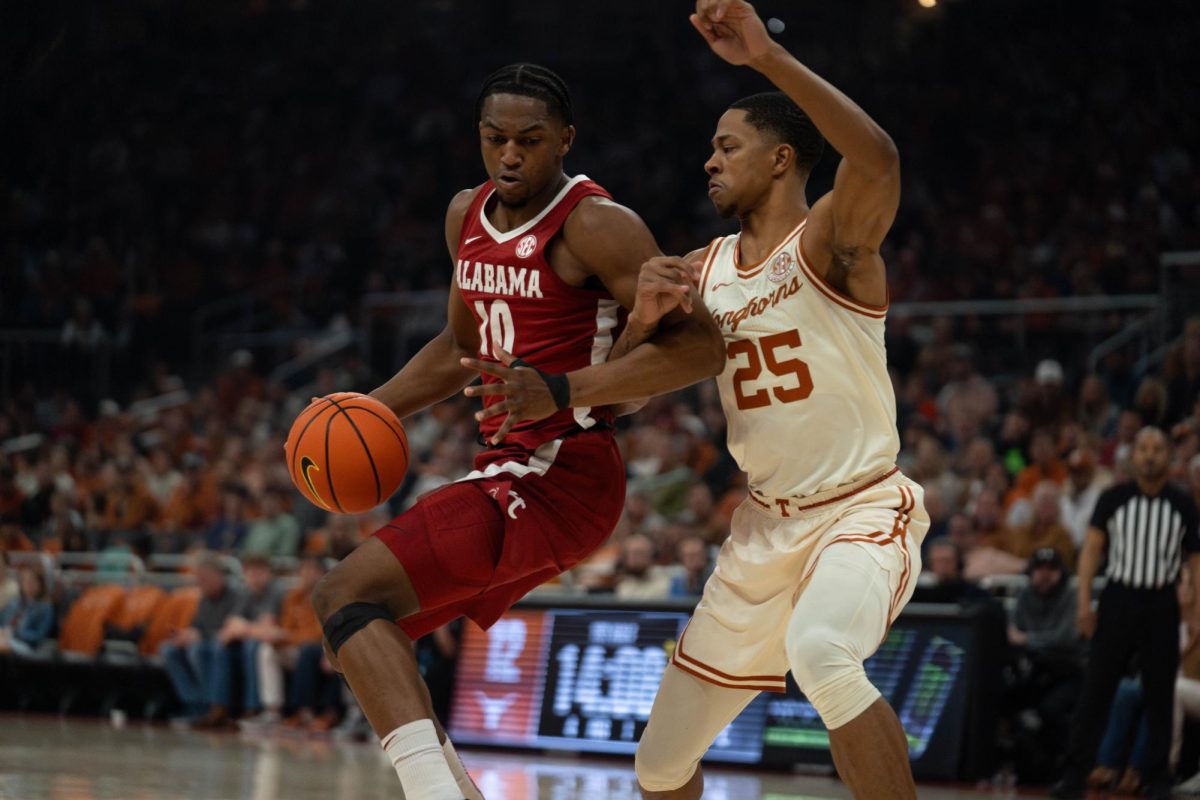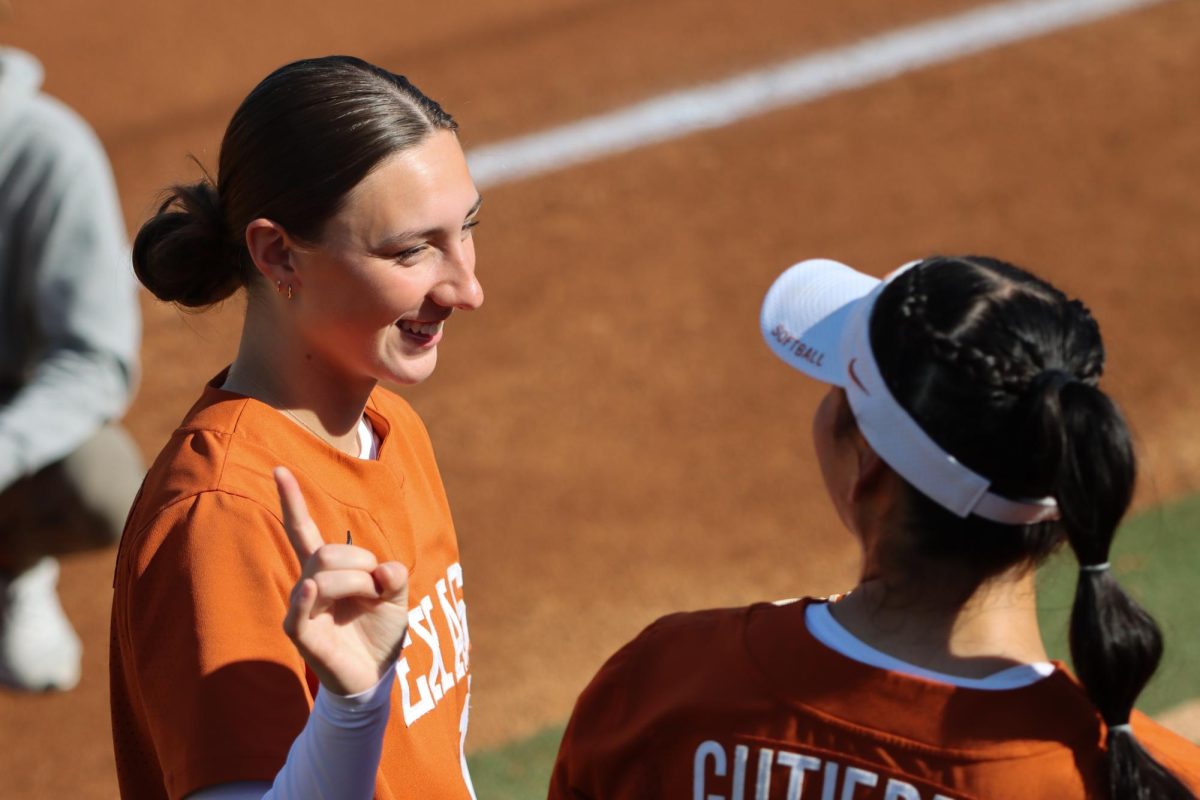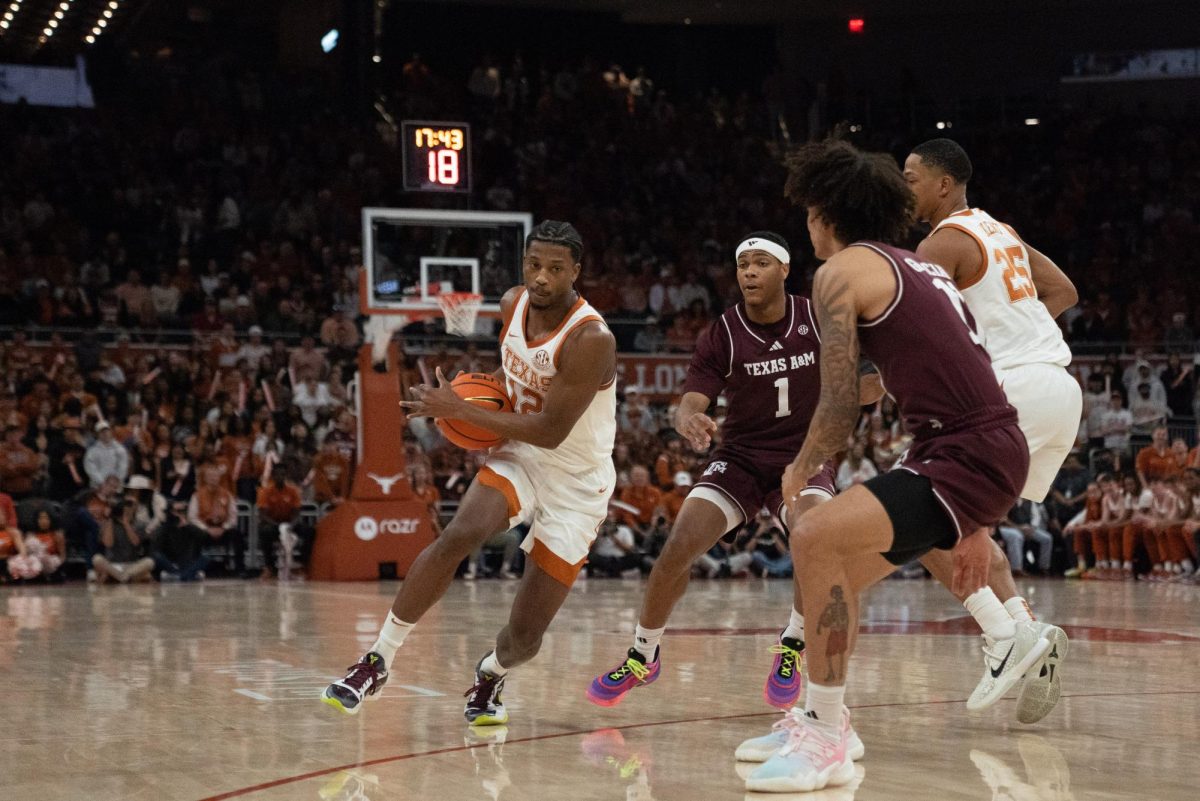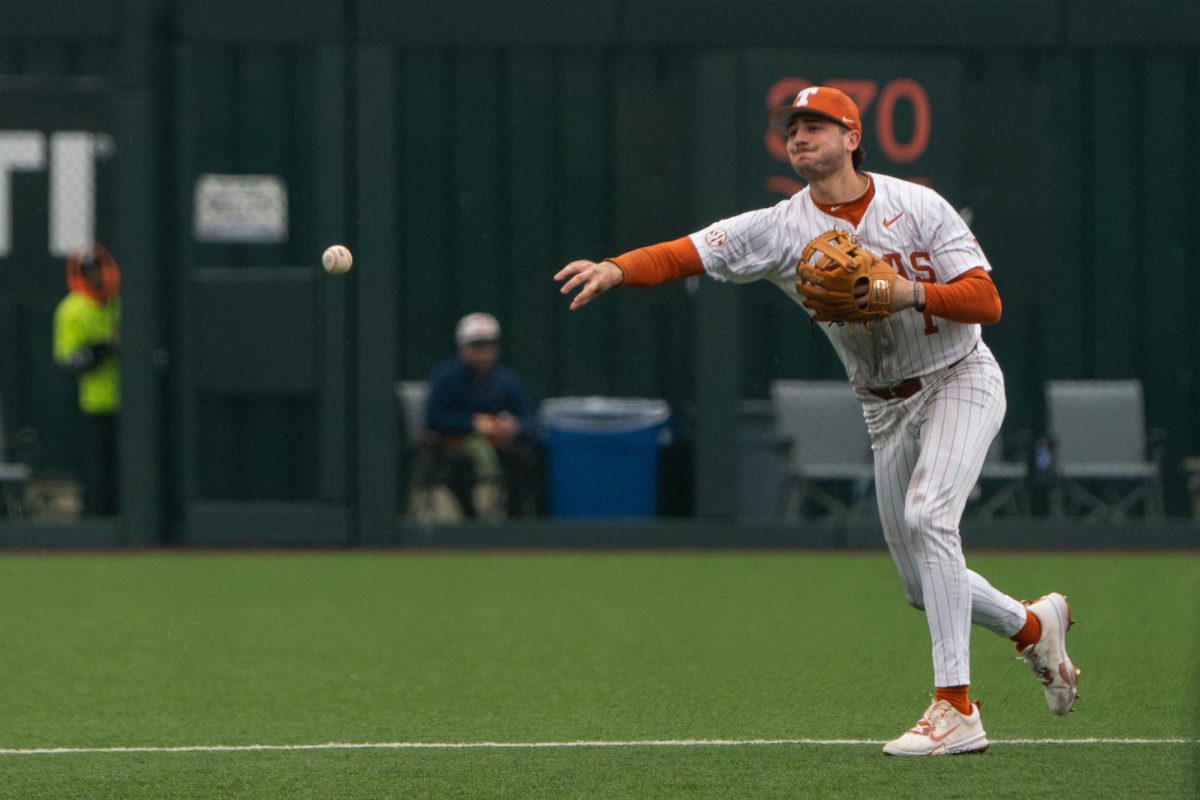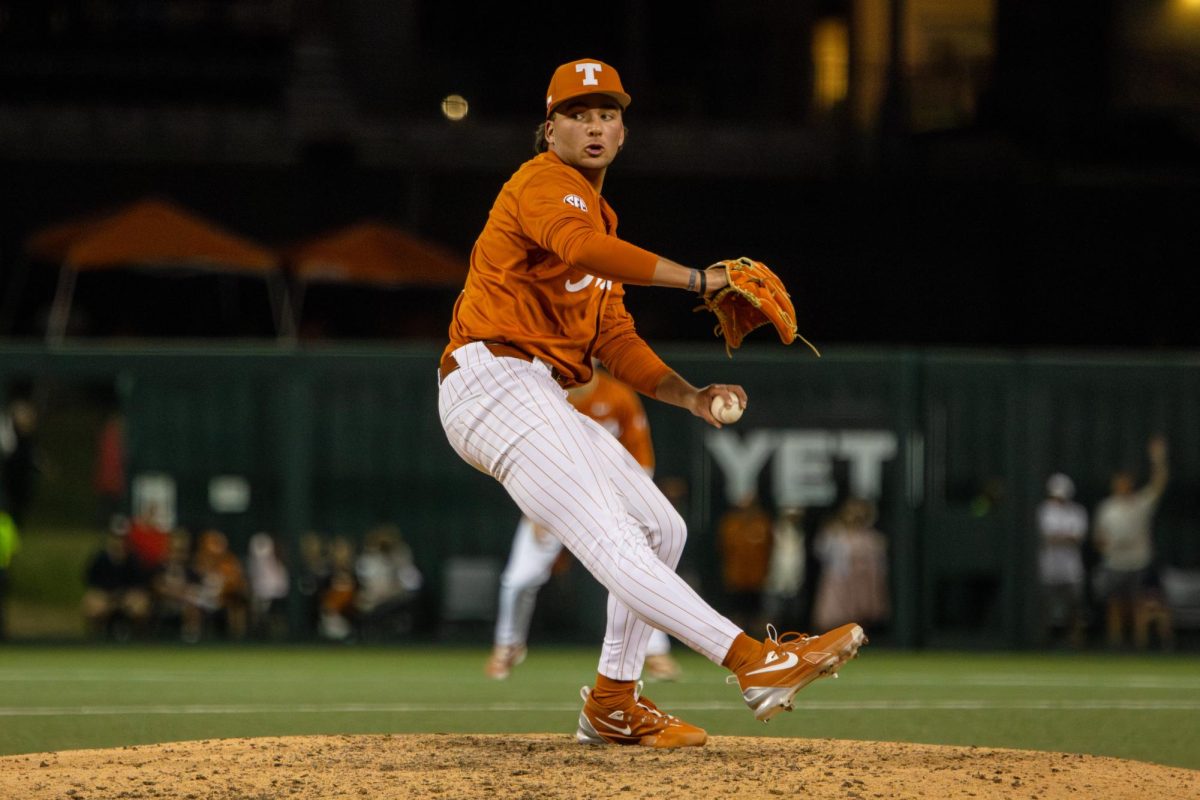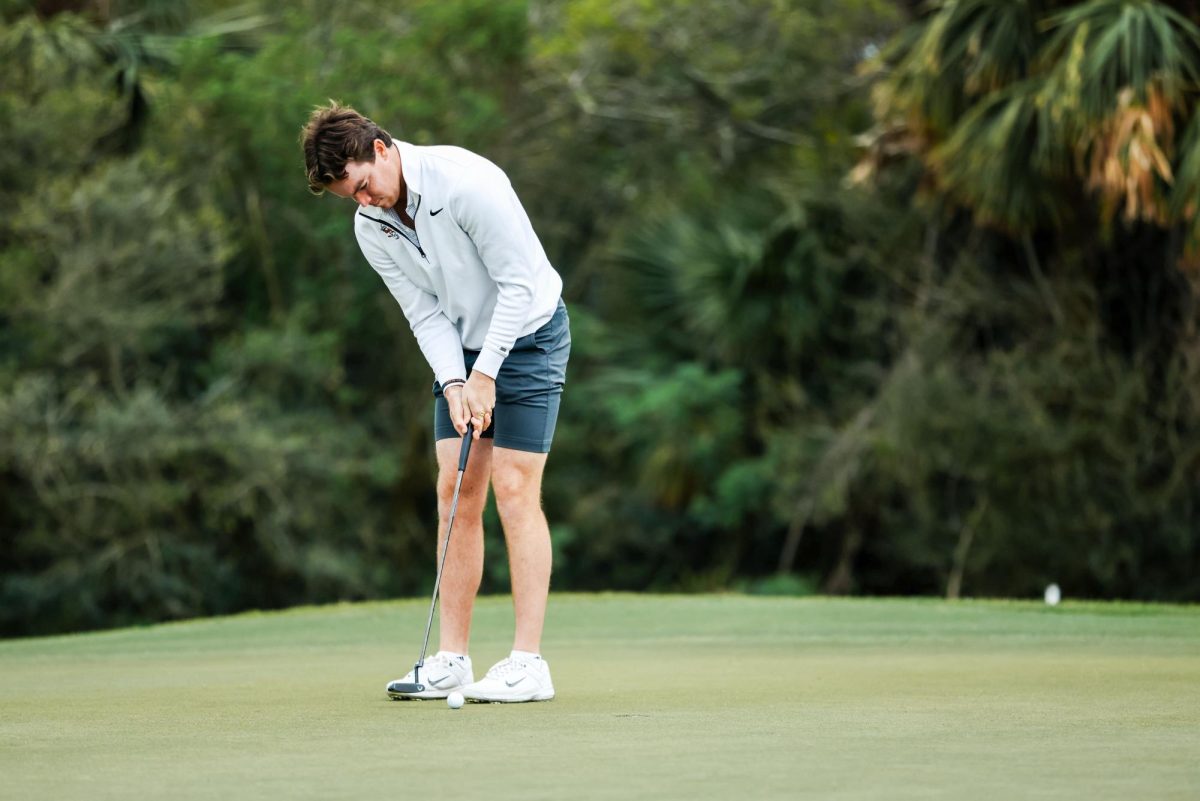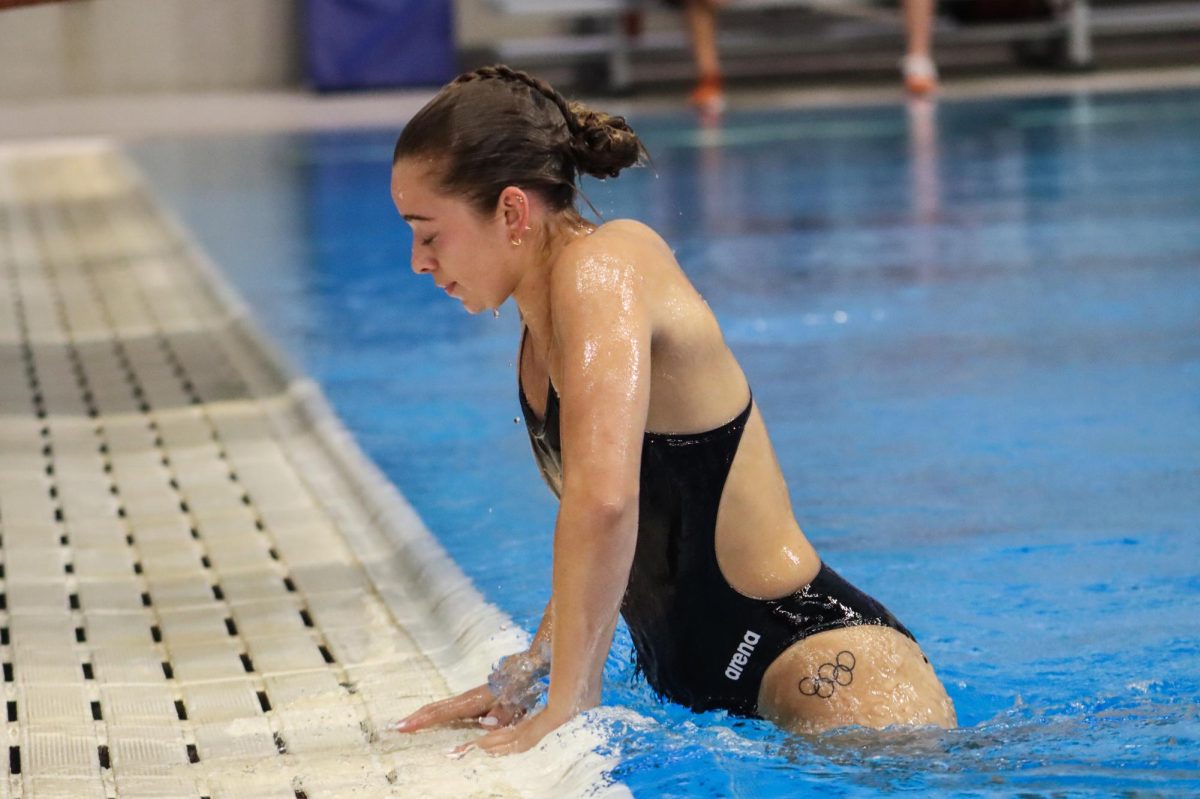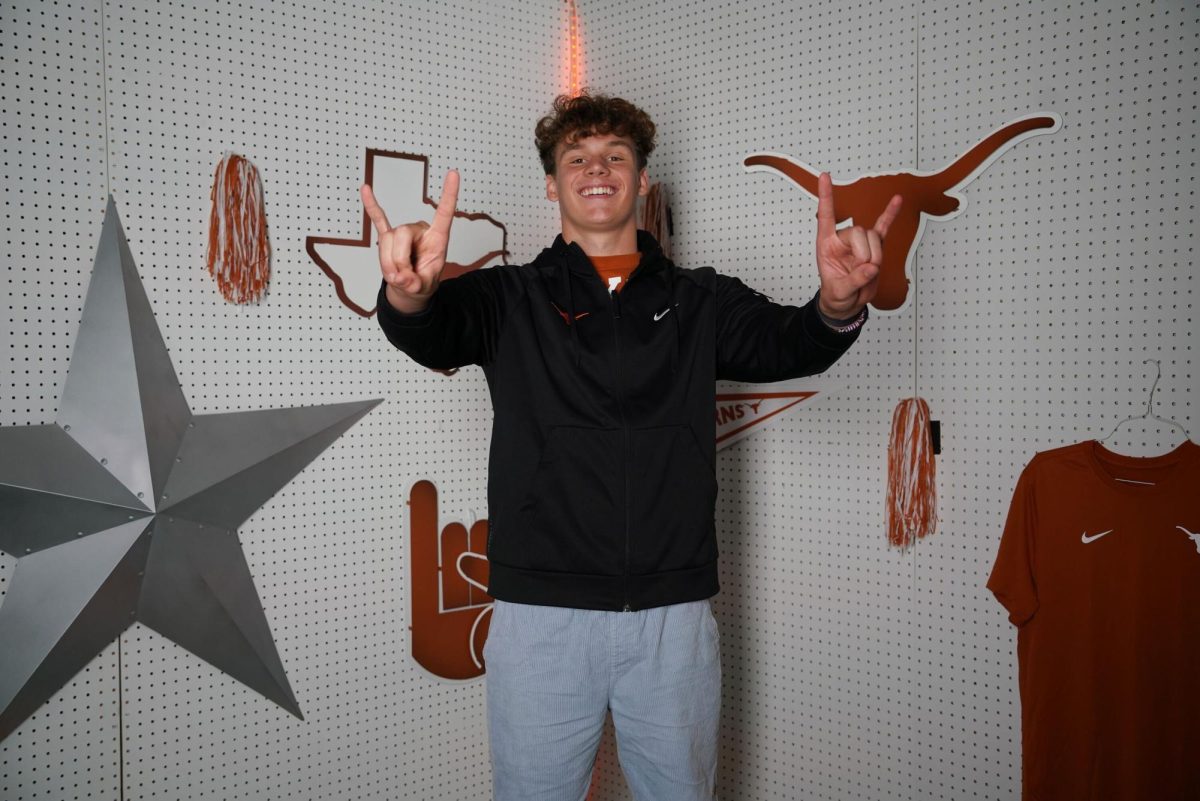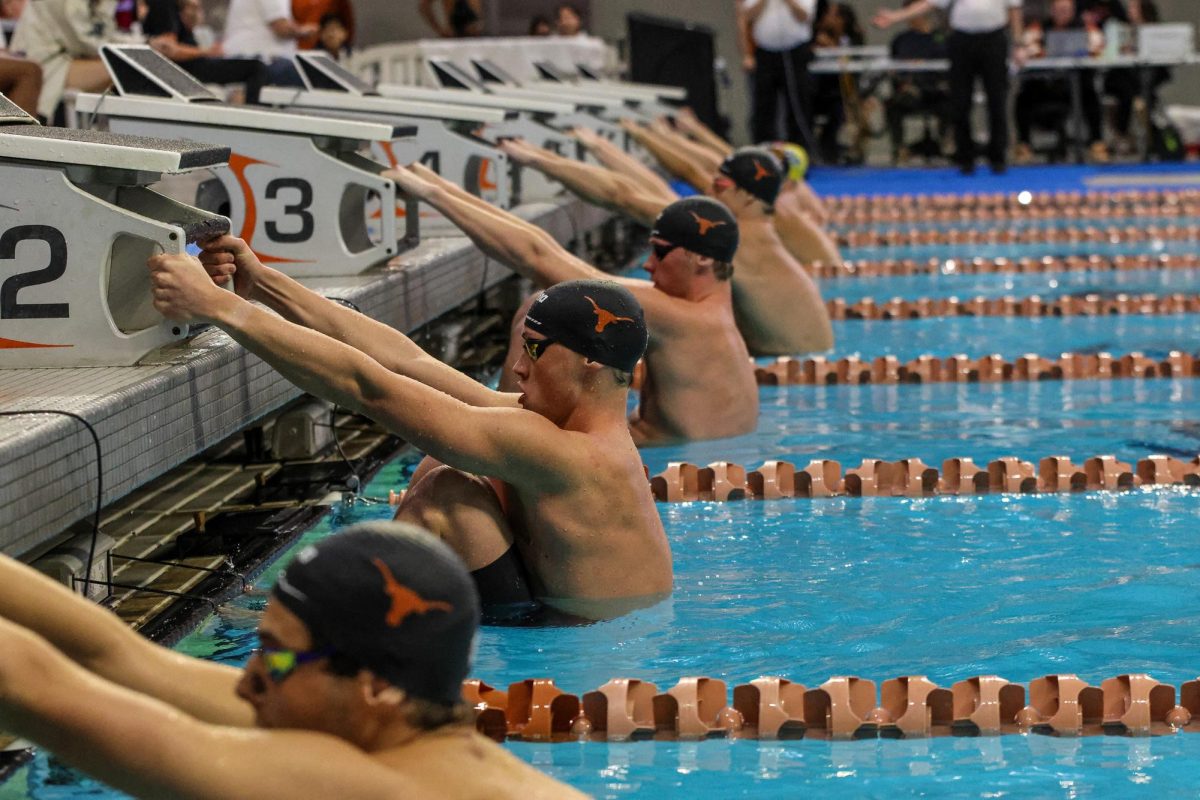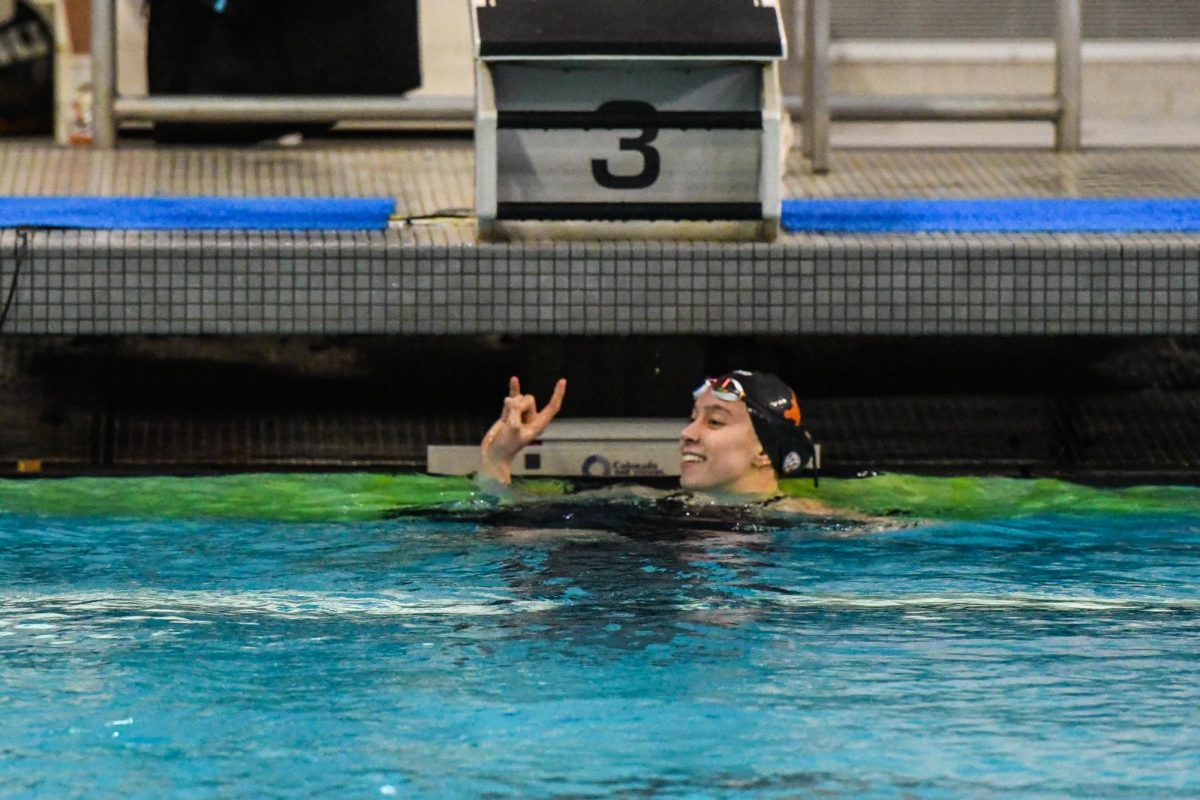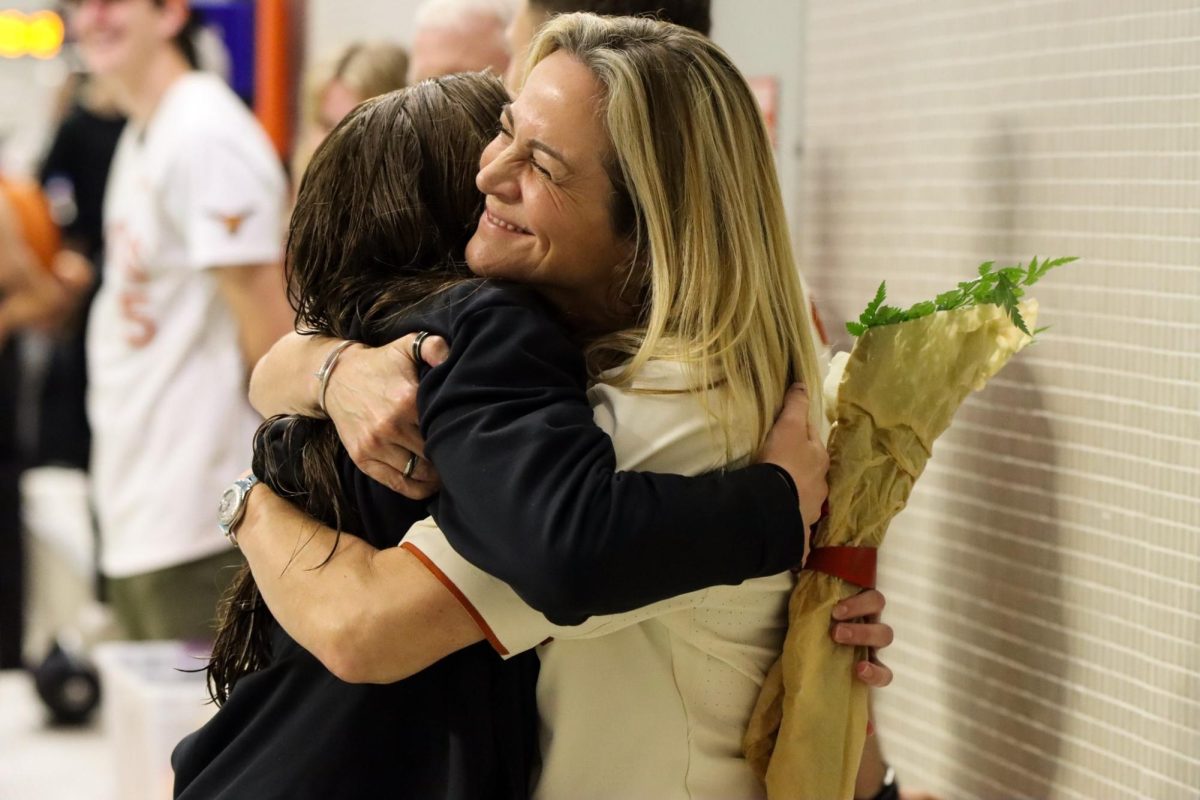Will Bowden looked on as the Texas Club Hockey Team worked its way through ups and downs to a 14-9 record this season. The Longhorns head to El Paso to play in the TCHC playoffs this week.
Bowden, the team’s president, will watch from behind the glass again.
Texas’ seven-game losing streak in the middle of the season pales in comparison to the senior marketing major’s struggle during his junior campaign — a struggle he’s tried to avoid since childhood.
Bowden, 22, grew up in Round Rock and took up roller hockey at age 9. Just a year later, he hit the ice. His father began telling him to be aggressive, drilling four words into his head so nobody else would.
“Hit, or be hit,” Bowden said. “He never meant it for me to bully or put myself in a situation where I would be injured, but he saw it as the only way to stay away from injuries.”
In a way, Billy Bowden was right. According to NeuroTracker, ice hockey has the second highest concussion rate among all sports. One of the NHL’s premier players, Sidney Crosby of the Pittsburgh Penguins, has missed over 100 games in his career due to concussions.
Hockey is a feeding frenzy in which only the toughest competitors survive; even those most prepared for the brutal blows are subject to barbarity.
Playing in his second season of ACHA Division II hockey for The University of Texas, Bowden and his teammates travelled to California for three games in January 2016.
In the second game against Cal State Northridge, the puck fluttered toward center ice, and Bowden figured he could beat the opposing defender to it. He did, but the defender had no intention of playing the puck. He wanted to level Bowden into the ice.
“He hit me on the top of my head with full force,” Bowden said. “It dropped me to the ice. I knew immediately that it was a stupid play and that I could have easily paralyzed myself.”
Bowden, vulnerable and dizzy, said he laid in a daze longer than he ever had after taking a hit. He knew he had a concussion when the team athletic trainer asked him how much longer they’d be in California. He couldn’t rationalize an answer.
Billy, listening on the radio miles away back home in Texas, knew his son had been concussed when the announcer said he was on the ice longer than usual.
“It gave me a sickened feeling in my stomach and sadness mixed all together,” Billy Bowden said.
It wasn’t the first concussion Bowden had sustained playing hockey, but it will be the last. After sitting out the rest of the season and talking with his parents and his sister-in-law, who is a doctor, Bowden decided to put up his pads for good. The decision to give up the game he loves didn’t come easily.
“In a way, I can assume it’s like doing heroin,” Bowden said. “You know it can have negative effects on your body, but the satisfaction of doing it is awesome and I would be willing to make sacrifices to do it.”
Bowden’s teammates have been making those sacrifices for years. Cheston Danto has played hockey since he was four years old. He started skating when the other kids in Sugar Land were finally perfecting how to walk.
Hockey was all Danto, 22, ever knew. So, when he endured his first concussion at the age of 12, he didn’t know how to handle it. Neither did his parents.
“Looking back, I rushed back way too soon considering I played in our games the next day,” Danto said. “But at the time my parents and I did not know any different.”
Danto, who is in his fourth season playing hockey for Texas, sustained a concussion in January 2016 — the same month Bowden underwent his career-ending thump. Given his experiences, Danto knows it’s a ruthless sport.
But he said his love and passion for the game outweigh the life-threatening dangers it presents. He said he can almost guarantee he’ll have long-term impacts from his head injuries, but he also said it was all worth it.
“I believe you have to make choices in life and no matter what choice you make or sport you play there are dangers in playing it,” Danto said. “Hockey taught me many life lessons and helped shape who I am and who I will be for the rest of my life.”
Bowden said he’ll surely have lasting effects from his head trauma, too. In fact, he’s already dealing with the consequences.
“When I interned this past summer, I had to carry around a notepad so when my manager made suggestions or told me to do something I had a place to write it down,” Bowden said. “If I didn’t, I could not recall what they specifically wanted.”
It’s hard for Bowden to accept that he’ll never play full-contact hockey again, but it’s even harder knowing that the memory issues he suffers with now will only get worse with time.

